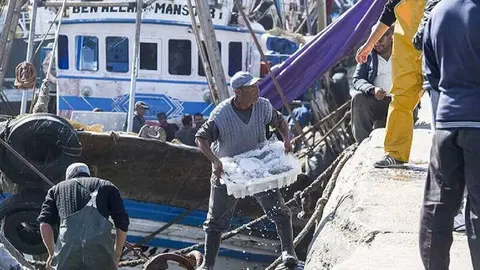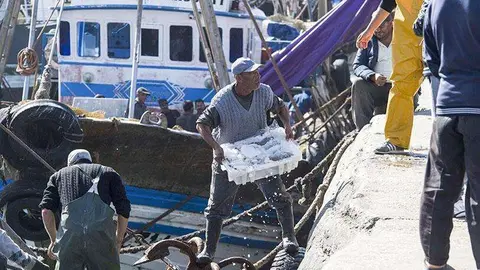Morocco will renegotiate fisheries agreement with EU
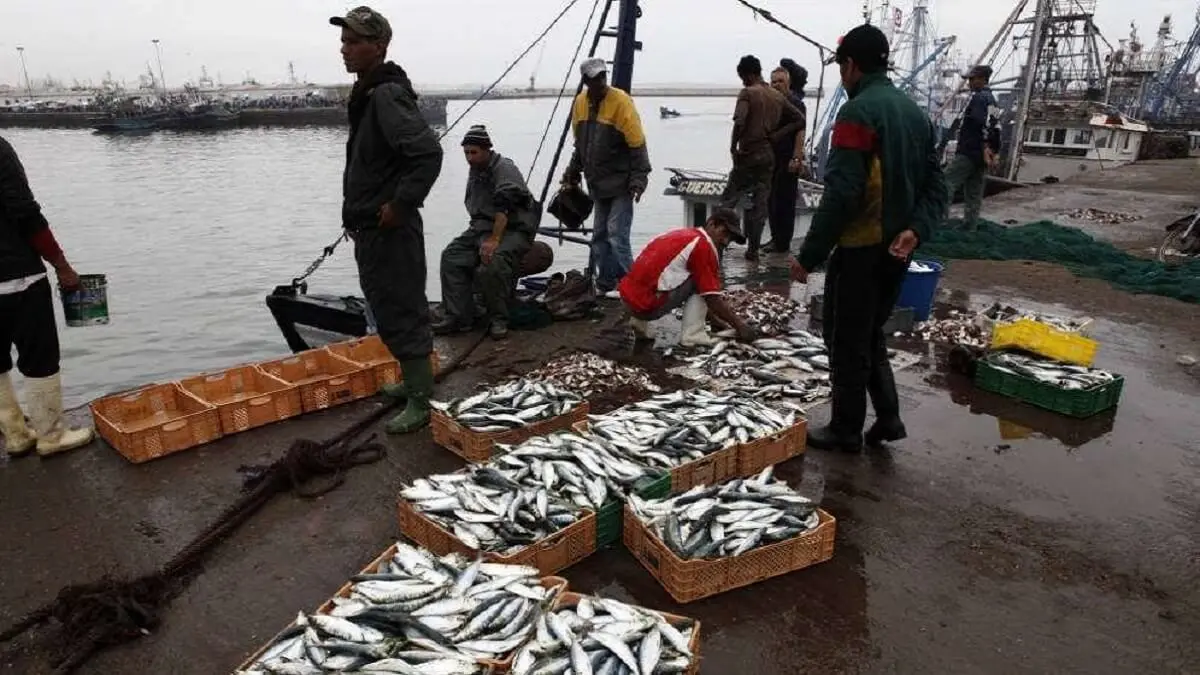
Although Morocco's Foreign Minister, Nasser Bourita, has acknowledged that the Alawi kingdom is looking for "clearer added value", the Moroccan government is considering the future of the Fisheries Agreement with the European Union (EU) and will decide after consulting European partners. As there is no political consensus on its renewal at the moment, the future of the agreement is in jeopardy. Suspension of the agreement would have a huge impact on the EU fishing industry, particularly in Spain.
Nasser Bourita clarified at a press conference following the Third Ministerial Meeting of the Process of African Atlantic States that the Fisheries Protocol, which was established for a four-year period from 2019 to 2023 and will expire on 17 July despite the fact that the EU-Morocco Fisheries Agreement remains in force.
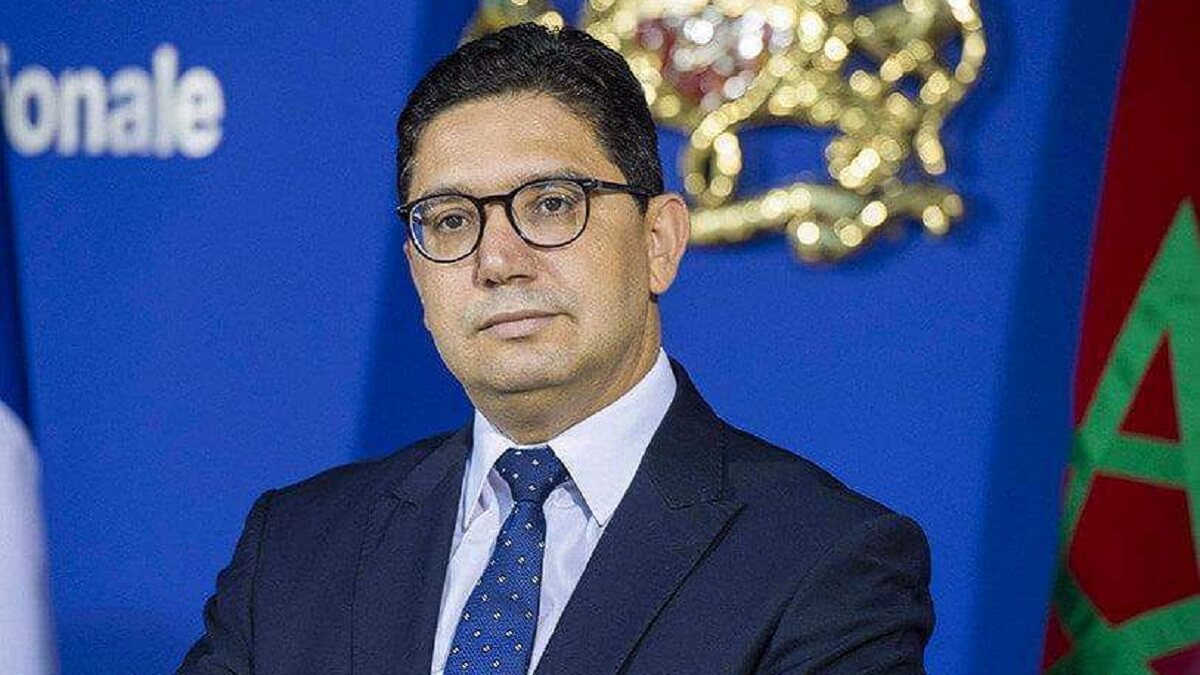
The European Parliament recently voted on a series of resolutions accusing Morocco of spying on and harassing journalists and activists, and many analysts, accusations that are unfounded and of no value in the negotiations, and political observers have linked recent tensions to French lobby groups promoting hostile texts against Morocco there. Other political analysts claimed that recent tensions between Rabat and Paris were also provoked by France's ambiguity over the Western Sahara dossier.
92 of the 138 exploitation licences in the region, namely those in Andalusia, Galicia and the Canary Islands, are owned by the Spanish fleet.
Speaking to the media, the minister said that, "over the last four years, cooperation between Morocco and the EU has been fruitful and beneficial for both parties". He also mentioned that this week, the Moroccan government will hold a meeting to review the last four years. As part of a joint committee on fisheries, they met in Brussels with their European counterparts.
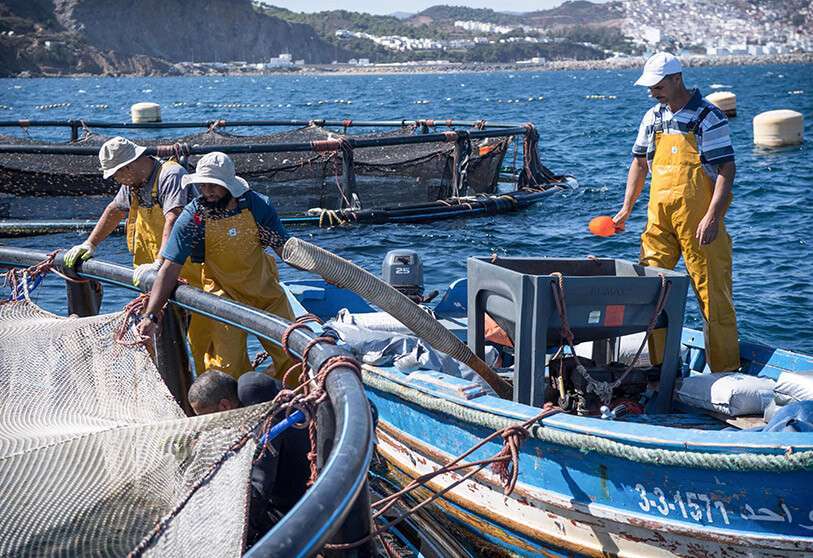
Minister Bourita explained that the Moroccan government is involved in ongoing discussions that have taken into account three important factors regarding the future of the Fisheries Agreement. Referring to the requirement that the agreement be in line with Morocco's foreign policy, Bourita described the first parameter as "doctrinal in nature". According to him, Morocco seeks to prioritise partnerships that have a clearer added value and looks for more sophisticated collaborations where Moroccan interests are strongly represented.
The details of an EU Court of Justice ruling on the inclusion of the waters of the Western Sahara region in the Rabat-Brussels agreement are likely to be mentioned in Bourita's foreign policy comments. After the EU Court of Justice ruled in favour of the Polisario Front, Rabat expressed its desire to know more about the decision. The armed separatist militia, which demands independence for the Western Sahara region in southern Morocco, has long argued that the consent of the Sahrawi people was not obtained before the EU agreement with Morocco was reached.

Months after the contract's expiry date in September, the EU Court of Justice is expected to deliver its ruling. The impact of the agreement on Morocco's plans for the development of the account sector will be taken into account in addition to foreign policy, according to Bourita. Preserving its natural resources by using a data-driven approach to assess the environmental impact of the agreement will be the third aspect Morocco will consider before renewing the agreement. In order to find common ground before renewing the pact, Bourita stressed that Morocco will communicate with the European Union.
70% of the EU's fish products come from outside the European bloc.
In addition to determining the future course of cooperation between Morocco and the EU in the fisheries sector, the results of the assessment and joint discussions may also have an impact on Morocco's foreign policy towards the EU, he added.

